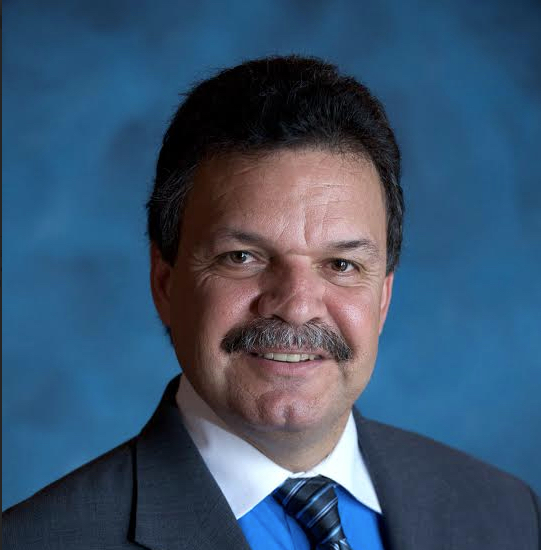In Public Service: How Ortiz learned English and governing

Felix Ortiz is the assistant speaker of the New York State Assembly. Photo courtesy of Assemblymember Ortiz’s office
Felix Ortiz left Puerto Rico, where he had lived all of his life, and came to the U.S. mainland in 1980. He was the first person in his family to come to the mainland. He arrived in New York City not speaking one work of English. “I learned English on the street,” he recalled.
Ortiz came here to attend college. It was his intention to get his degree and then return to Puerto Rico to establish a career.
